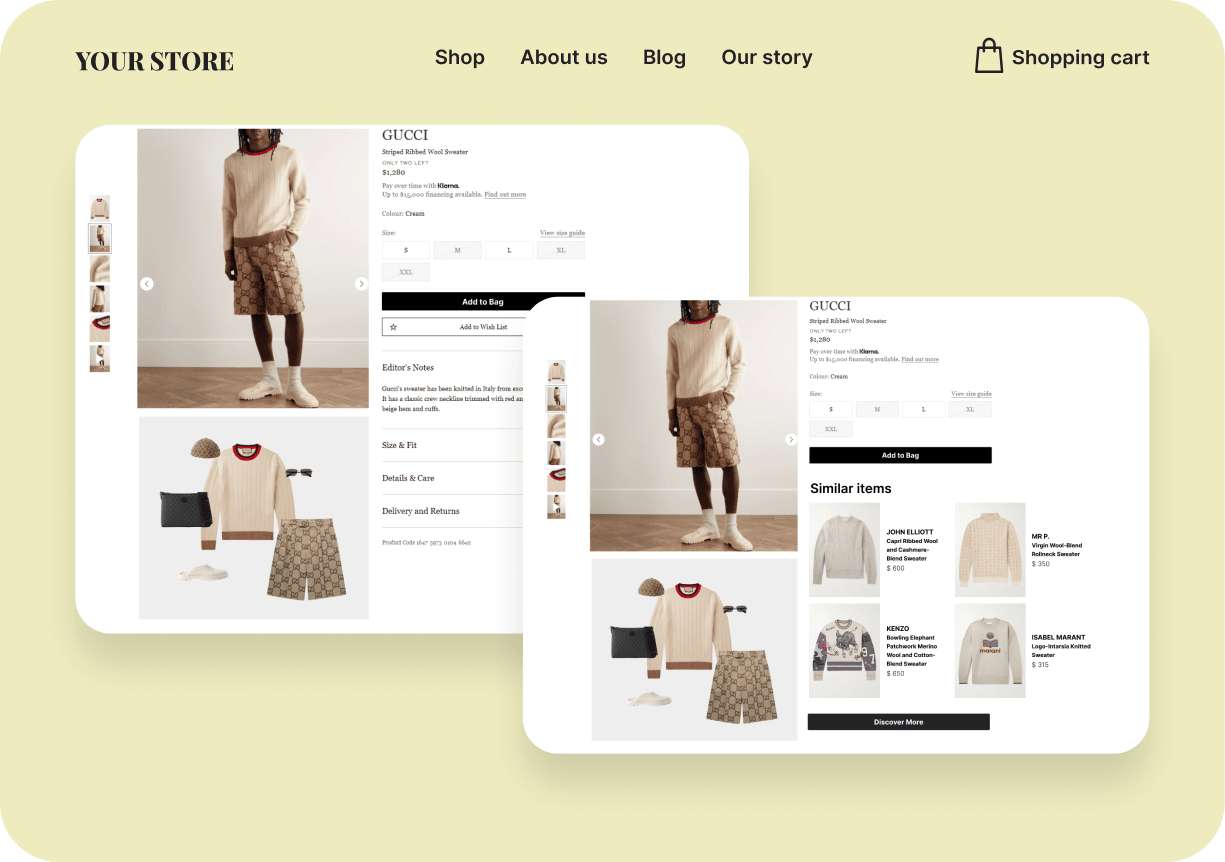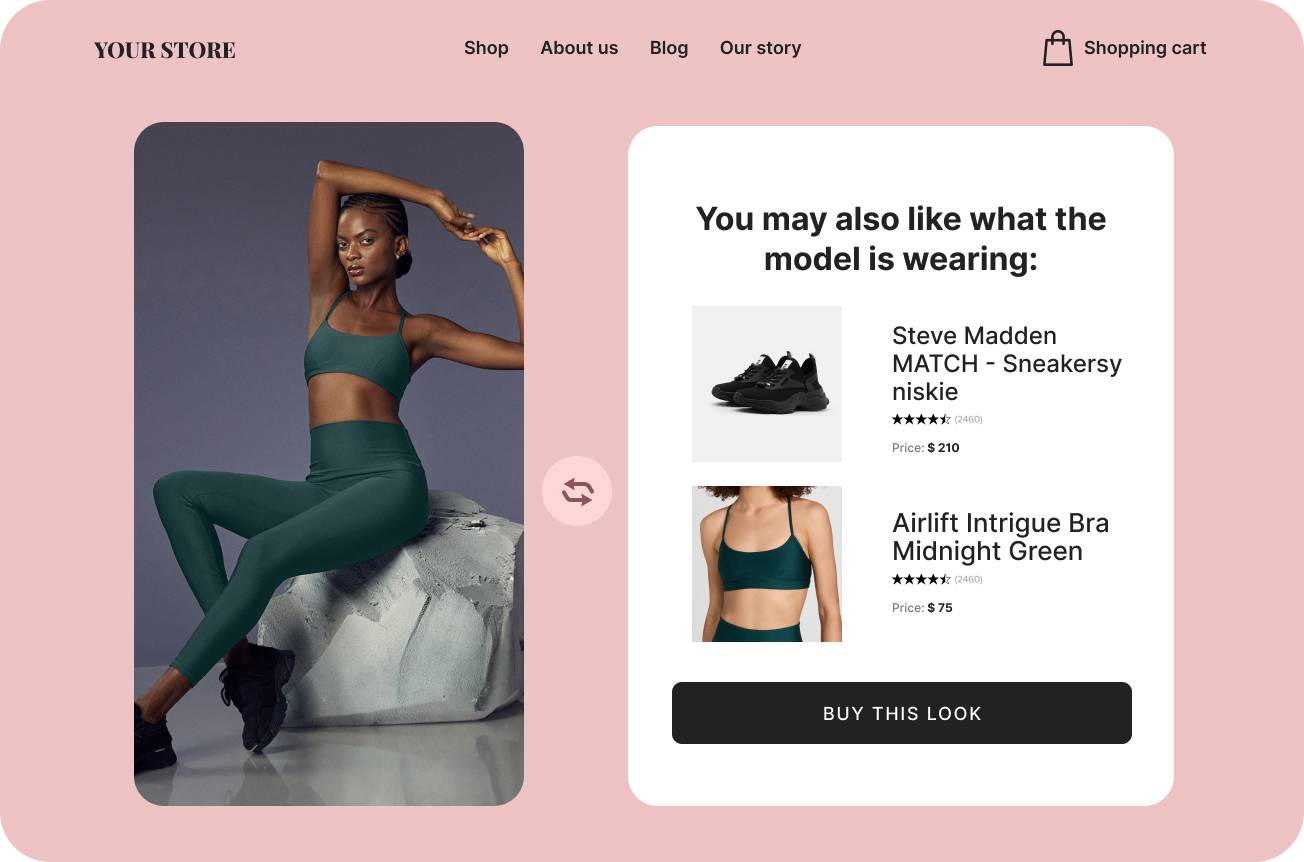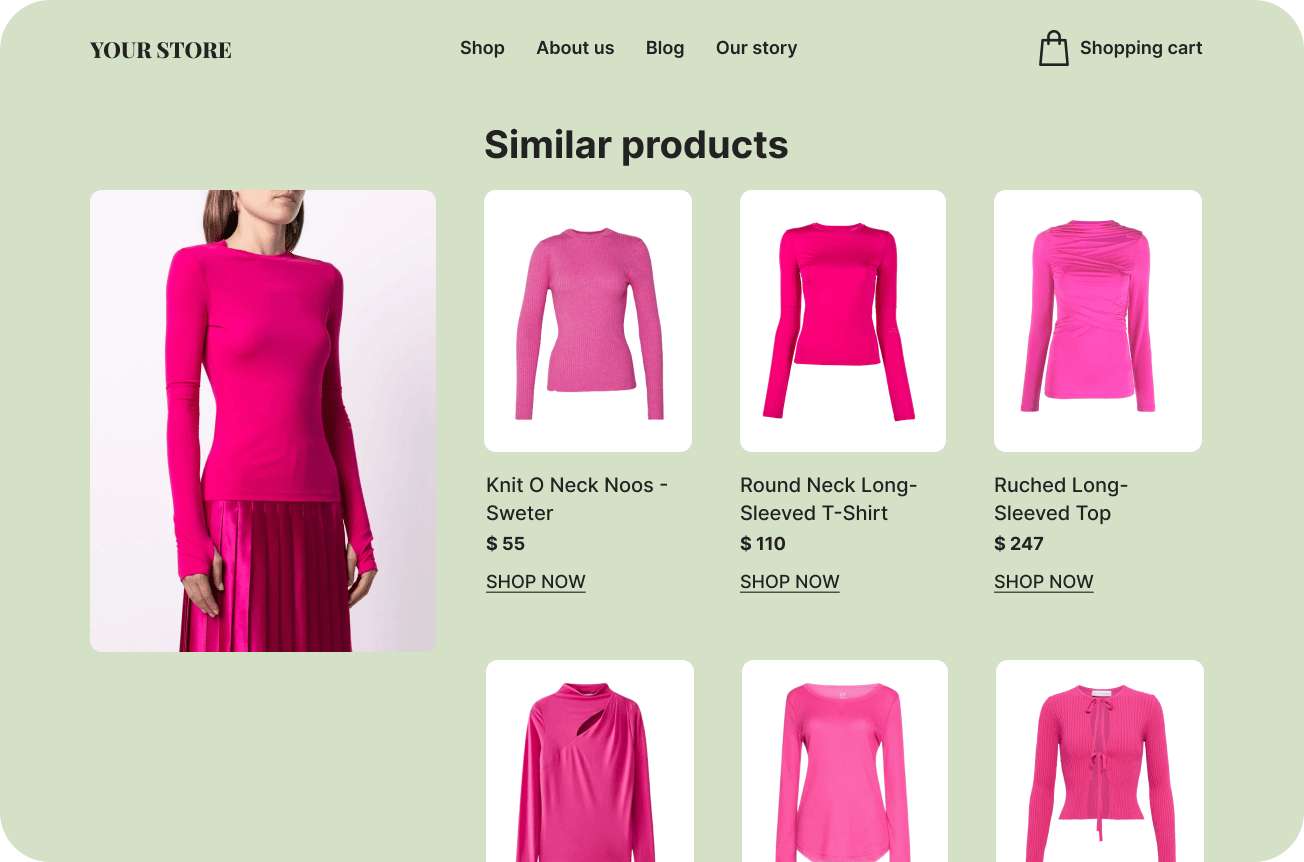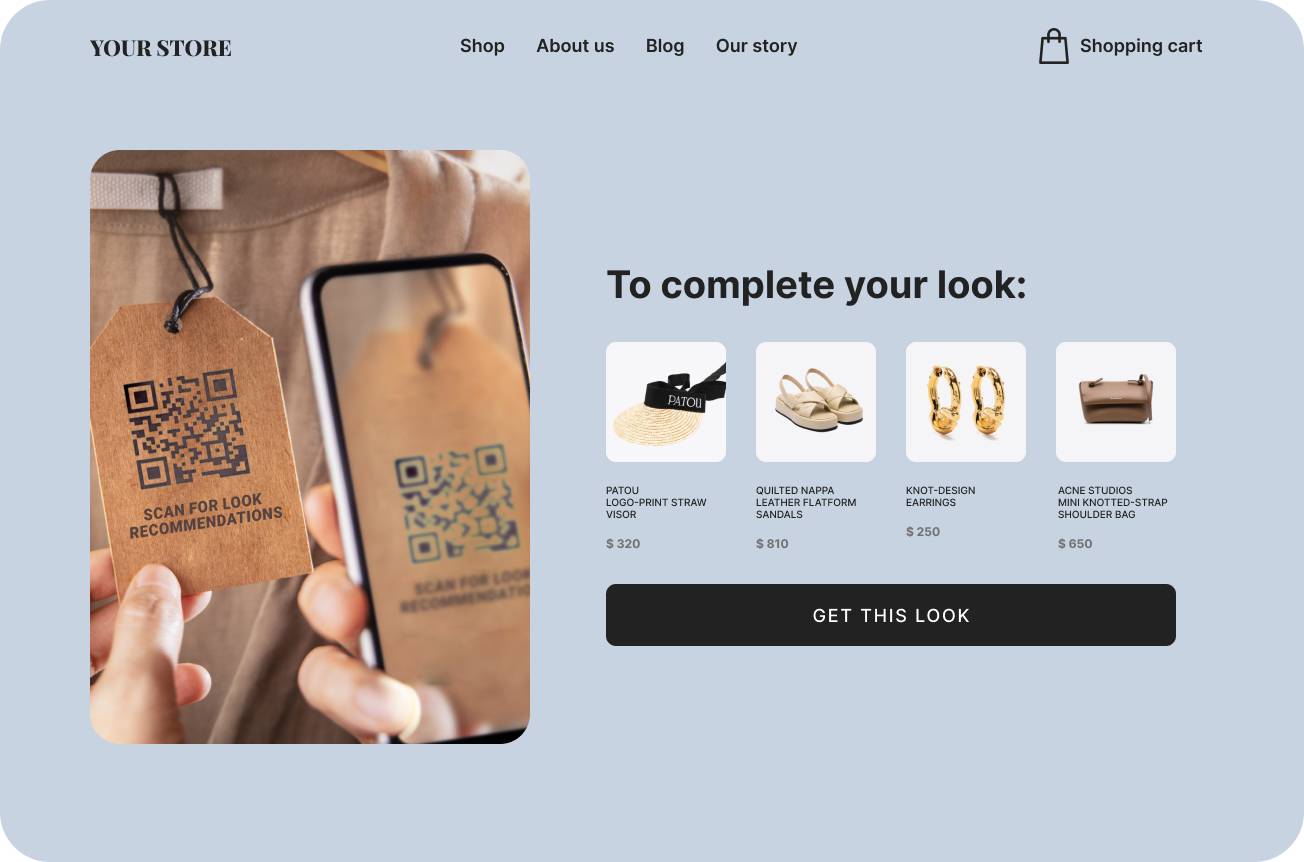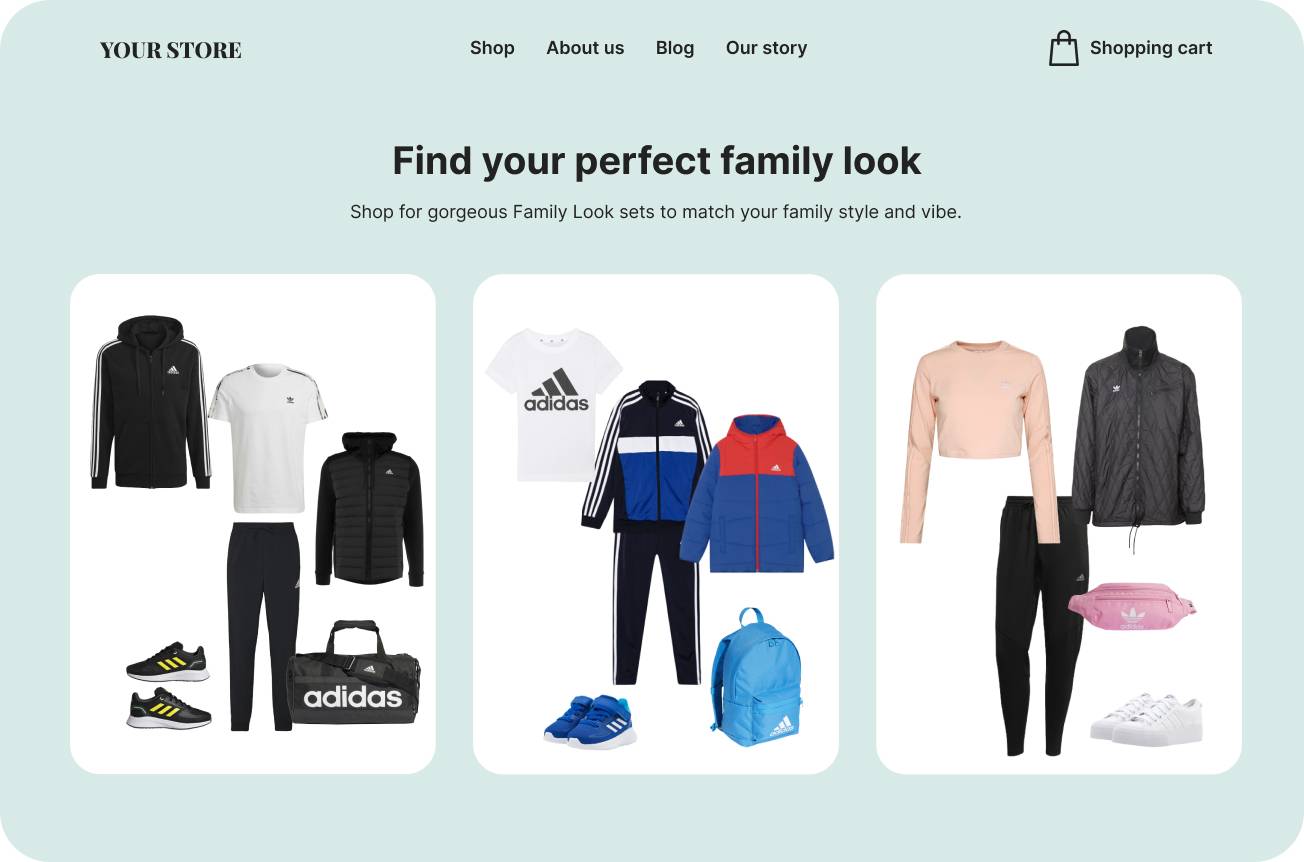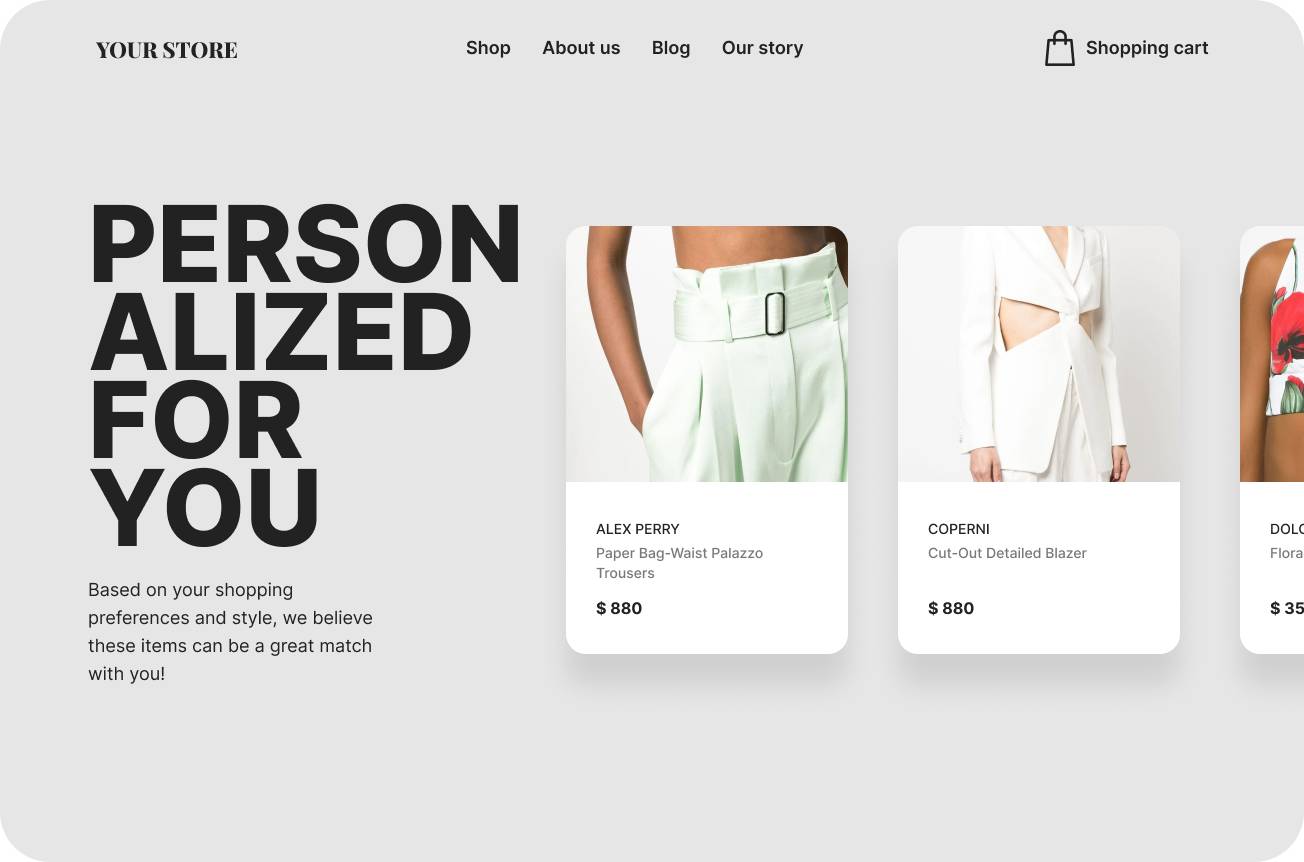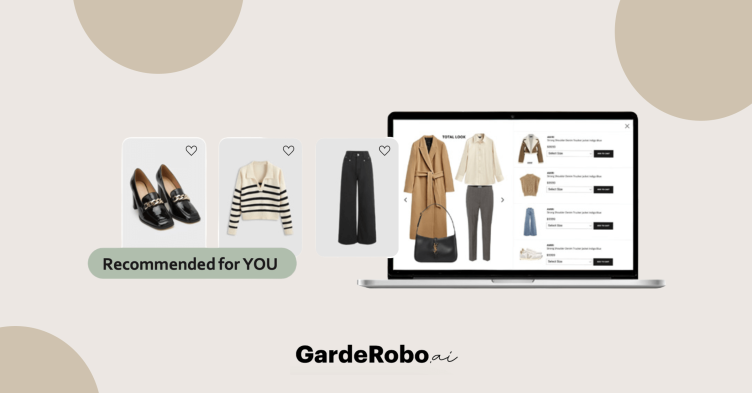Where once a targeted discount code sent on a customer’s birthday was enough, today’s shoppers have come to expect a retail experience tailored specifically for them from start to end. A recent McKinsey study found that 71% of modern consumers demand personalization — and yet just 60% believe that brands are hitting the mark.
For the 40% that is, their efforts are being rewarded with better customer outcomes and business performance. For those that aren’t, well, they can wave goodbye to their revenue. As personalization switches from a desire to demand, 62% of shoppers are now willing to turn their backs on brands that fail to offer a personal touch.
Why is personalization a priority for shoppers?
Personalization shows customers that your brand recognizes them as an individual and that you care for their needs and appreciate their customs. Retailers are providing a service and, ultimately, customers want to feel served.
However, more important than the connection is the convenience personalization solutions provide. According to McKinsey, 75% of first-time customers value personalization that makes it easier to navigate in-store and online experiences, while 67% appreciate receiving product recommendations tailored to their unique needs and preferences. Modern life is fast-paced and hectic, and we’re all too busy to scroll endlessly through products. Personalization streamlines the process and helps shoppers to find items they love long before they run out of browsing too.
A worthwhile investment for e-commerce brands
According to Statista, US businesses spent $13.3bn on third-party audience data in 2021, and this has grown steadily for five consecutive years. Evidently, retailers are spotting the benefits data-driven personalization can provide.
The obvious one is conversion rates. Solutions such as GardeRobo AI put the products shoppers are most likely to buy front and center. With fewer products to scroll through, there’s a far greater chance they will find something they love. Unsurprisingly, customers are 80% more likely to complete a purchase when the retail experience has been personalized effectively, according to Epsilon. But the benefits don’t end there. Finding that perfect item only took a few minutes, and now they have time spare to add to their basket, driving up the retailer’s average order value.
It’s not a one-time thing, either. Now that customer knows that your store provides an easy and efficient purchase process that helps them to find products they love and saves them time. It’s an incredible driver of loyalty that ultimately increases a customer’s lifetime value, with 78% stating personalization makes them more likely to repurchase. Going above and beyond to form connections is what turns uncertain shoppers into lifelong customers. And every time they come back, you’re generating more useful data.
Then there are returns, which cost apparel retailers an estimated $166m for every $1bn in sales they earn. Seventy percent of the time, the issue is size or style, according to McKinsey & Company. Many of these returns could be avoided entirely by making it easier for customers to find looks and sizes that meet their needs. For instance, using GardeRobo A.I.’s AI stylist, retailers have been able to slash their return rates by as much as 40%.
It's estimated that retailers lose 66% of an item’s value when it’s returned according to Theindustry.fashion. Yet, addressing this problem doesn’t just reduce the cost for retailers, but it’s cheaper on our planet too. According to Forbes, global returns release an estimated 4.7 million metric tons of CO2 into our atmosphere every year. With the modern shopper demanding sustainability just as much as personalization, retailers can solve two problems with one solution. Using GardeRobo’s tailored style recommendations, retailers can stop sending the dead stock to landfill and start selling it instead — boosting their bottom lines, keeping customers happy, and drastically reducing fashion’s environmental expenses all at once.
Going above and beyond — without lifting a finger
There was a time when personalization was too costly and complex for the average brand. Yet, artificial intelligence has changed the retail game. Analyzing vast amounts of data and making decisions instantly, personalization solutions often require little more effort than plugging it in and letting AI get to work. And yet even the smallest of efforts to make customers feel unique and appreciated can make a big difference.
